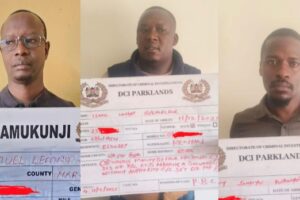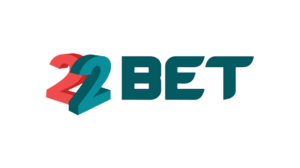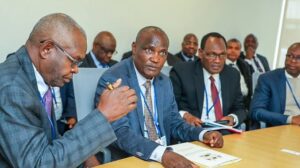EPRA has found itself at the center of a storm after fresh claims emerged that senior officials diverted public funds to finance parties, alcohol and overpriced branded items through a questionable deal linked to Apex Porter Novelli Ltd.
According to a whistleblower, the authority has been quietly amending contracts instead of advertising new tenders, allowing selected suppliers to attach new costs without public scrutiny.
These amendments, described as “third party costs,” are said to have opened a loophole through which about five hundred and forty million shillings has been allocated for non-essential items like parties, branded notebooks, T shirts and surveys that appear heavily overpriced.
At the heart of the allegations is Marona Cheplel, a senior figure accused of running operations through intimidation and political name-dropping. Staff who reportedly tried to raise concerns were either sidelined or threatened with disciplinary action.
Those willing to cooperate were allegedly included in a small circle trusted to approve the inflated payments. The insider notes that instead of transparent procurement, suppliers linked to Apex Porter Novelli were told to expand their original contract by submitting cost addenda that never passed through the official e procurement platform.
This ensured the public would not see the spending breakdown or question it.
Apex Porter Novelli has been mentioned by insiders in several agencies, with claims that the firm continues to secure government contracts despite underperformance and constant complaints about inflated charges.
A single public survey is allegedly quoted at over five million shillings, a figure that staff say bears no relation to the actual cost of conducting such an exercise.
Branded notebooks and T shirts were also listed at prices significantly above the market rate, yet approvals went through without question, suggesting a coordinated effort to drain funds under the cover of public engagement.
These claims come at a time when Kenyans are struggling with rising energy costs, making it even more painful to hear that an institution tasked with protecting public interest may be diverting funds to unnecessary luxuries.
The situation is made worse by concerns surrounding Director General Daniel Kiptoo, whose appointment was flagged in a previous Auditor General’s report for flouting legal procedures.
The report indicated that he took part in meetings that discussed his own hiring, a move that raised conflict of interest concerns. Critics argue that leadership installed through questionable means is unlikely to enforce accountability, creating an environment where impunity thrives.
The allegations paint a picture of an institution drifting away from its mandate. Instead of safeguarding the energy sector and promoting transparency, insiders now describe EPRA as a place where contracts are manipulated and public money is treated as personal spending cash.
Calls have been made for investigative bodies such as the EACC and DCI to intervene and uncover how such large sums were approved for activities that offer no tangible benefit to the public.
Until firm action is taken and those responsible are held to account, trust in institutions like EPRA will continue to erode, leaving citizens to bear the burden of corruption that benefits a few at the expense of many.





















Add Comment